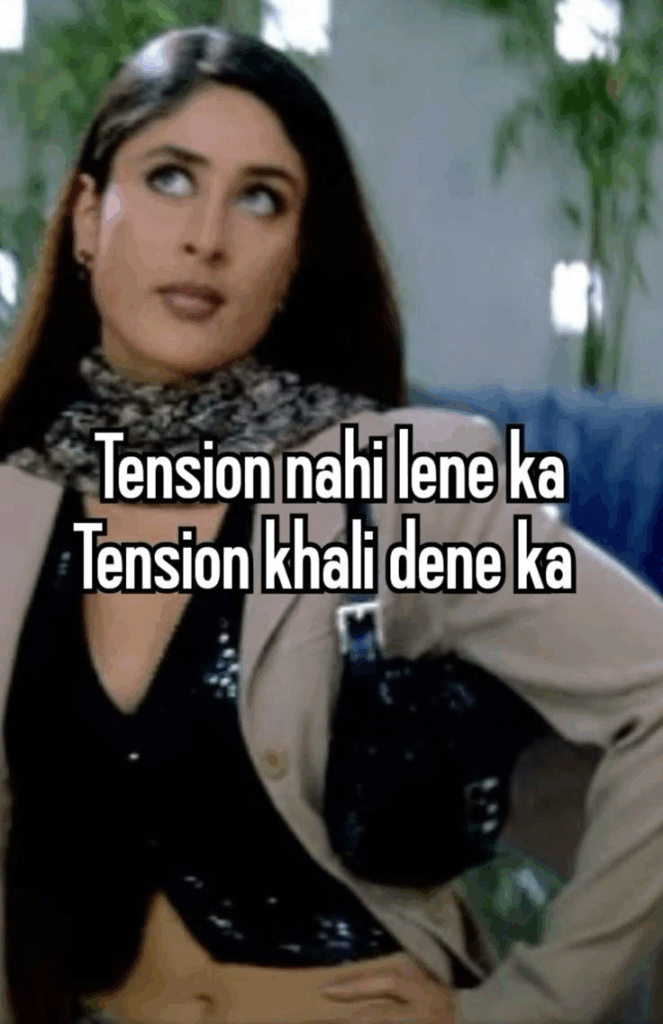
“When are you getting married?”
“You’re not getting any younger.”
“Your cousin just got engaged — what are you waiting for?”
In many South Asian households, questions about marriage begin early — often before you’ve even graduated or figured out who you are. Marriage isn’t just seen as a personal milestone; it’s often treated as the ultimate validation of your character, your upbringing, and even your family’s honor.
But what happens when you’re not ready? Or worse — what if you don’t want to follow the traditional script at all?
The pressure to marry — especially for women — can become a daily anxiety, silently affecting your mental health while no one acknowledges the emotional toll.
Marriage as a Milestone, Not a Choice
In many Desi families, marriage is framed less as a partnership and more as a requirement. It’s expected to happen by a “suitable age,” often decided arbitrarily and reinforced by a mix of societal gossip, comparison, and fear of “what people will say.”
If you’re single past your mid-20s, you’re seen as lagging behind. If you voice disinterest in marriage, you’re dismissed as confused or rebellious. And if you’re dating someone your family wouldn’t approve of? You’re painted as selfish or “dishonoring the family.”
The message is clear: Your future isn’t really yours. It’s a project that belongs to your community.
The Silent Mental Strain
This constant pressure can feel like an invisible weight — especially when you’re juggling other major life transitions like school, career, or healing from past trauma.
The impact includes:
- Anxiety around family gatherings or conversations
- Depression caused by feeling inadequate or behind
- Emotional burnout from constantly explaining or defending your life choices
- Low self-worth tied to marital status
- Fear of losing parental approval or love
What makes it worse is the guilt. You start to wonder: Am I being ungrateful? Selfish?
But honoring your truth isn’t selfish — it’s survival.
Why This Pressure Exists
The cultural obsession with marriage is often tied to:
- Preserving social image
- Fear of loneliness or shame
- Gender roles and expectations
- Generational trauma and projection
- Misunderstanding of individual needs and mental health
While elders may believe they’re protecting you, what they’re often doing is projecting their fears — not supporting your freedom.
Rewriting the Narrative

You are not a failure because you’re not married.
You are not incomplete.
And you are not dishonorable for choosing yourself.
Rewriting the narrative around marriage means:
- Normalizing being single and happy
- Validating non-linear timelines
- Prioritizing emotional compatibility over checklists
- Giving space to explore your identity without being rushed into commitment
Your future should feel like your own — not a negotiation between your soul and someone else’s expectations.
📊 Demographic Visuals
Below are two charts showing the emotional toll and cultural pressure surrounding marriage in South Asian communities.
- Pie Chart: Common sources of marriage pressure
- Bar Chart: Mental health struggles linked to marriage expectations
These visuals provide a clearer view of the emotional cost of traditional marriage expectations:
- Pie Chart: Reveals that immediate family is the largest source of marriage pressure, followed by extended relatives and societal norms.
- Bar Chart: Demonstrates the common mental health struggles — anxiety and low self-worth are the most prevalent outcomes.
No Responses